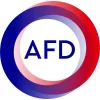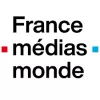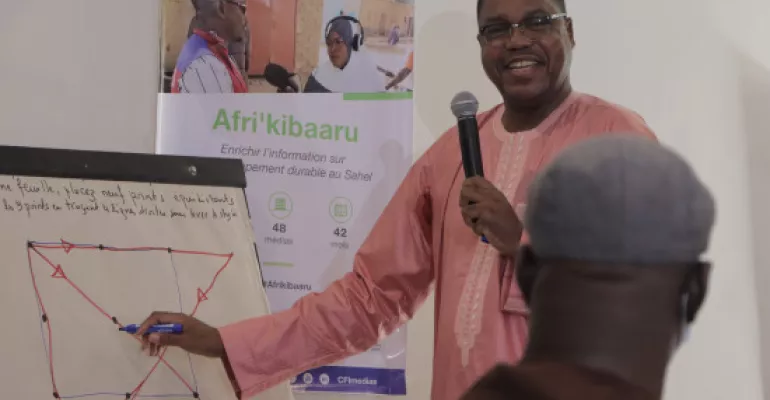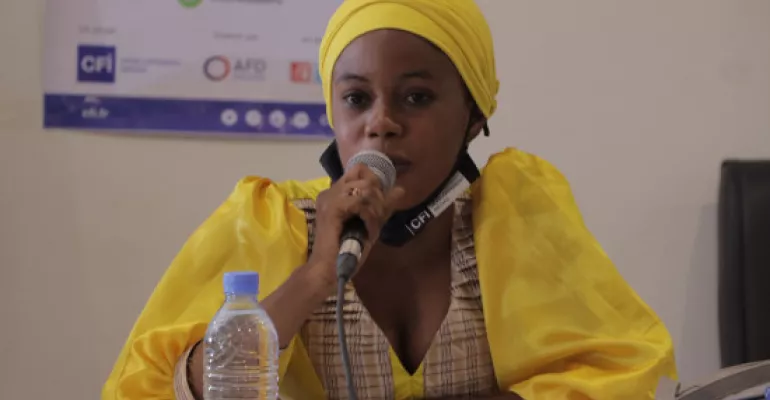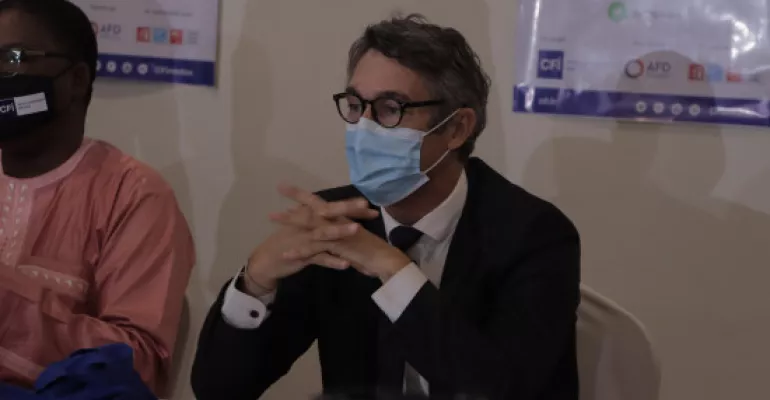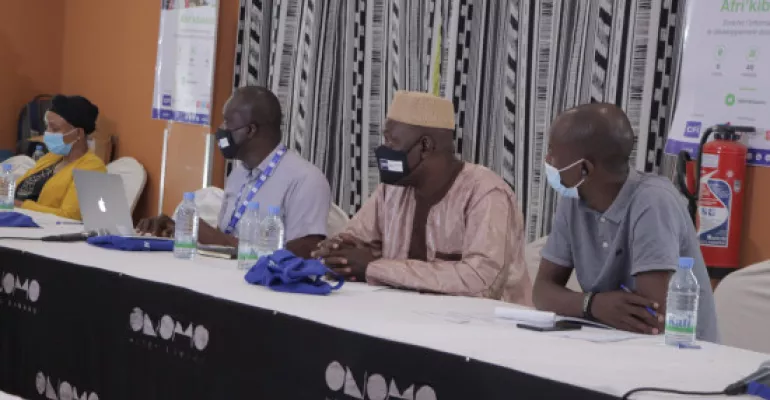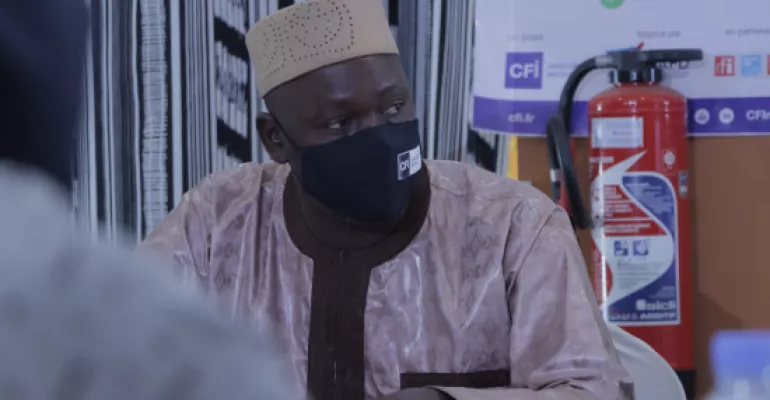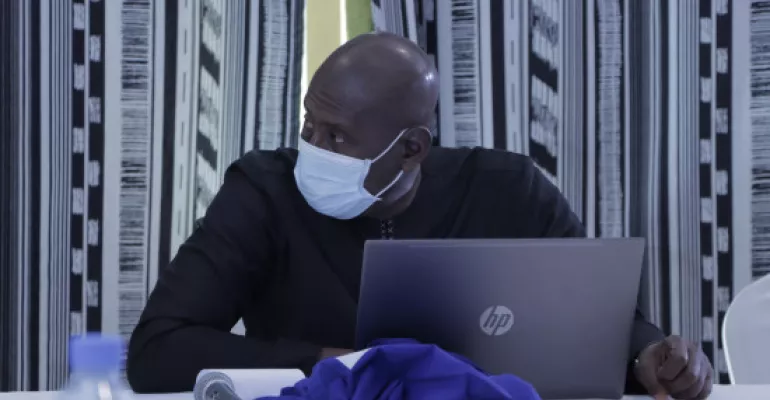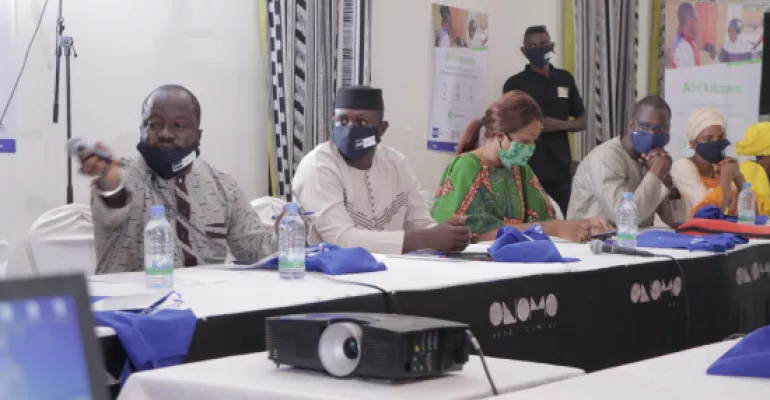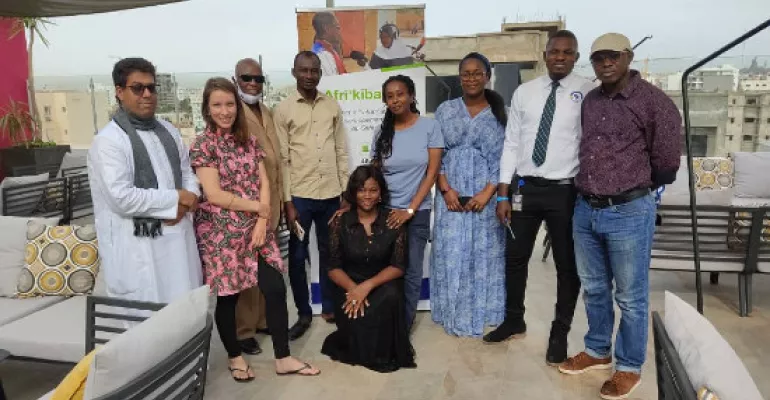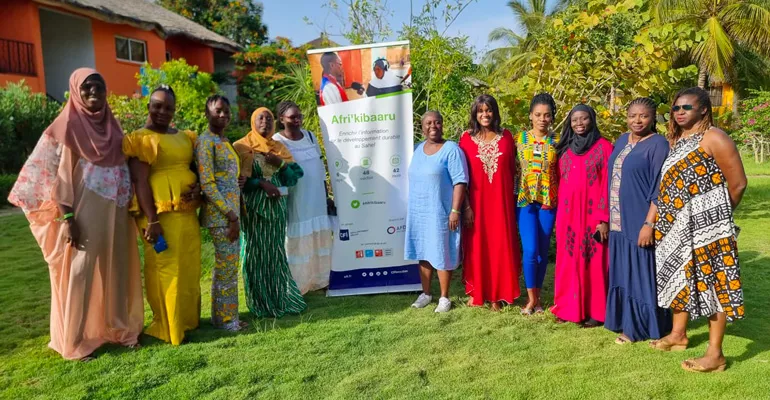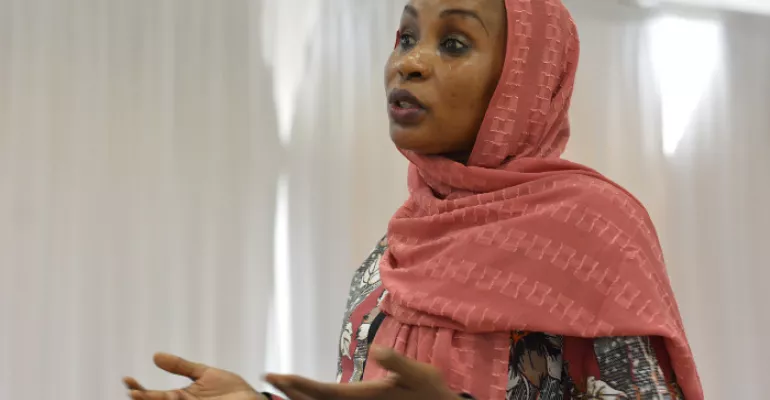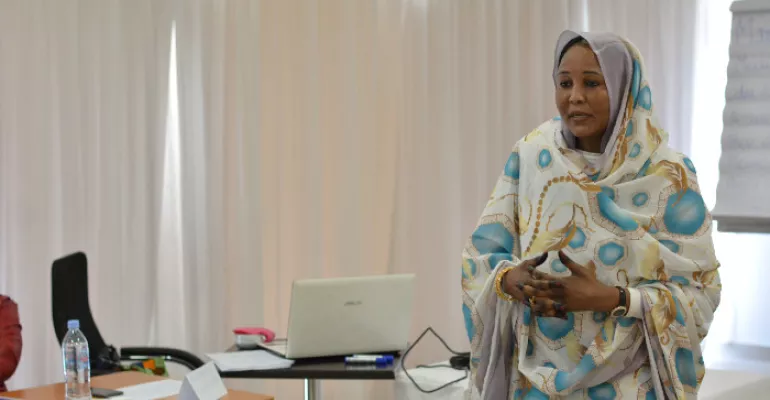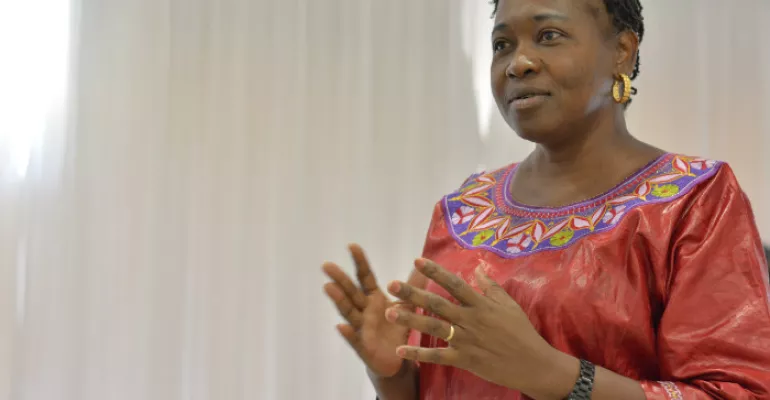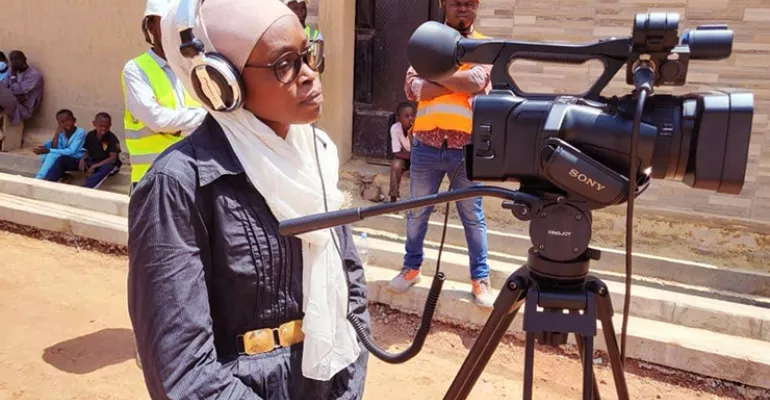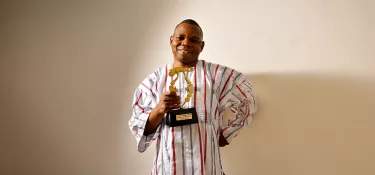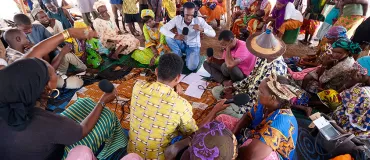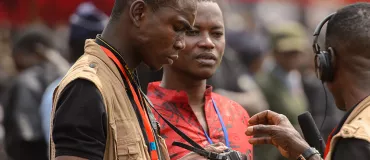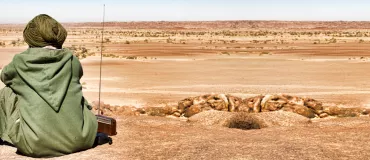Afri'Kibaaru
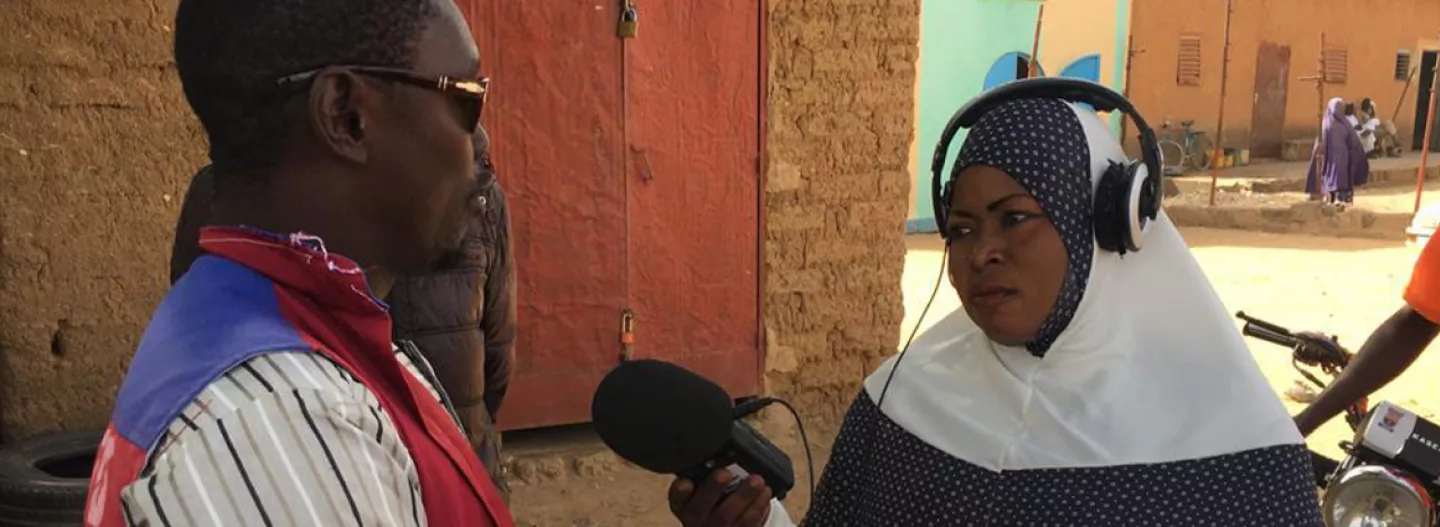
Goals
Presentation
In the Greater Sahel region, few local media outlets produce news that is able to raise awareness of sustainable development issues and solutions among their audiences. However, they play a crucial role when it comes to informing the population and, thereby, contributing to changes in behaviour.
In partnership with France Médias Monde, CFI is implementing the Afri’Kibaaru* project to support the production and dissemination of news related to sustainable development in Africa, in several local languages, and the training of journalists in covering these issues.
Over a period of 42 months, Afri’Kibaaru will, through the media, raise awareness among the populations of six countries of the Greater Sahel region on issues related to the climate, gender, health and education. This will contribute to increasing their participation in public debate.
*“Kibaaru” means “news” in several African languages involved in the project
Project beneficiaries
- Journalists from 48 media outlets, particularly from public and private radio stations in Burkina Faso, Chad, Mali, Mauritania, Niger and Senegal.
- Journalists from RFI’s local partner media outlets in this region.
- Influencers, bloggers and members of civil society organisations.
Files to download
Actions
The production of content in local languages by and for the people of the Greater Sahel region
This part of the project is being implemented by RFI, with a budget of €11.5 million.
- The broadcasting, by RFI, of reliable and verified news in Fula and Mandinka.
- The broadcasting, by RFI, of diversified content for the promotion of sustainable development goals (SDGs) in Fula, Mandinka and Hausa.
- Interventions by experts speaking in local languages and the organisation of balanced debates.
- On-air promotion of local sustainable development initiatives.
- The establishment and training of a network of community radio journalists who will, simultaneously, act as local correspondents for larger media outlets in the project target area.
- Making the magazine programmes produced available to community radio stations.
- The creation of channels for the dissemination of news and for interaction via social media in the three languages.
Afri’Kibaaru: 3 questions for Thierry Vallat, Chairman and Managing Director of CFI
"If you want to reach the public, call on women!" Three questions for Mame Aminata Ndir and Adja Aissatou Diallo
“Journalism can help push the boundaries for girls”
Interactivity and attractiveness: three questions for Nigerien journalist Ali Oumarou
Interactivity at the heart of media: three questions for Abdoulaye Tienon and Rasmata Diallo
Emel Sidnate: "We must promote women's expertise in the media"
Mohamed Saleh: a liaison between communities
Houleye Kane: a brave heart can accomplish anything
Abou Dicko, an "open air" pilot
Training and enhancing the skills of local journalists and media outlets
This part of the project is being implemented by CFI, with a budget of €3.5 million.
- Training for trainers.
- Training in media outlet management, the basics of journalism and fact-checking.
- On-site coaching (adapted to the specific needs of each media outlet).
- Training in the development of an editorial strategy and on the interactivity and attractiveness of content produced for radio and the internet.
- Support, design and production of content specialising in issues and formats adapted to the SDGs.

